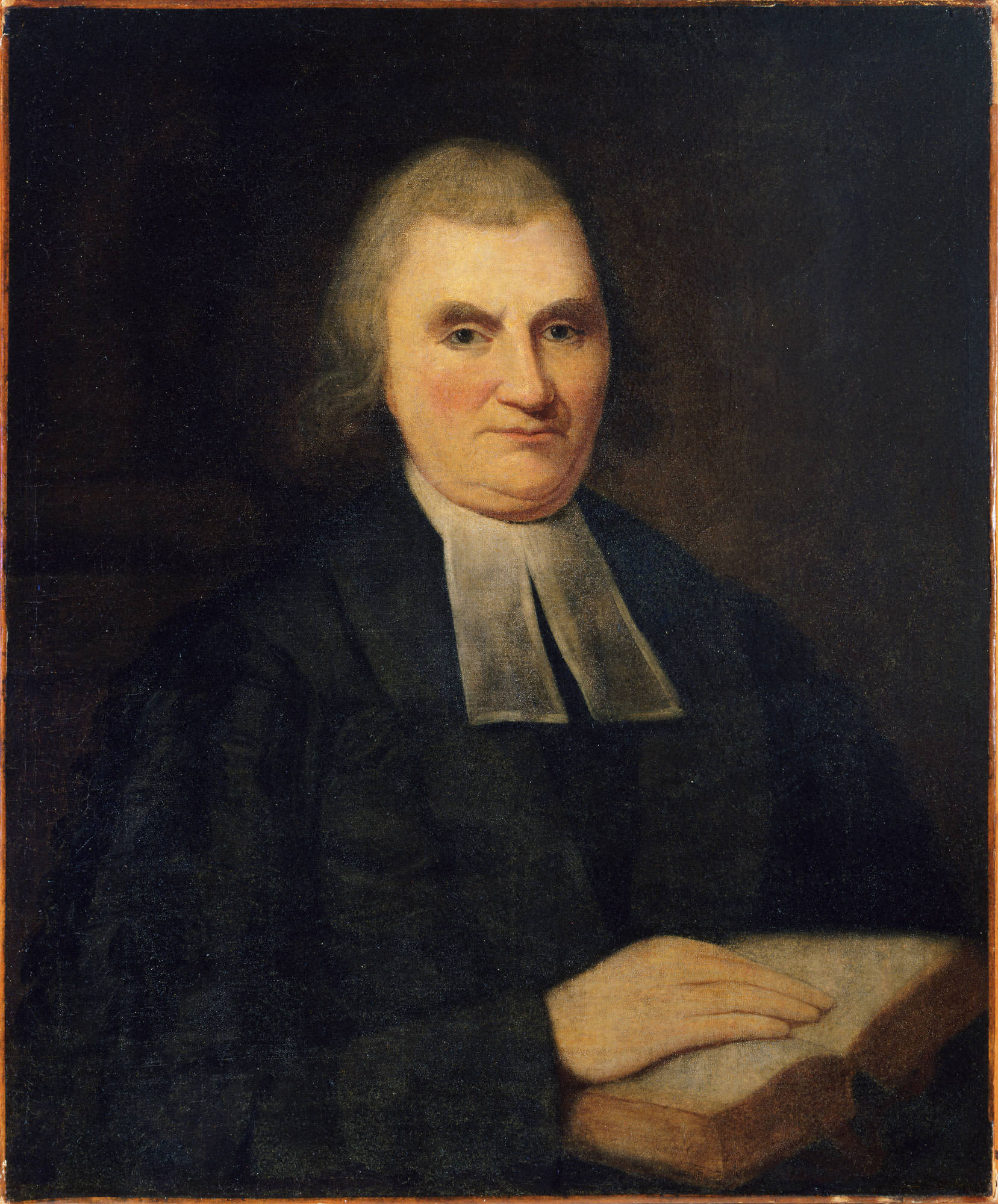
John Witherspoon
John Witherspoon (February 5, 1723 – November 15, 1794) was a Scottish-American Presbyterian minister, educator, farmer, slaveholder, and a Founding Father of the United States.[1] Witherspoon embraced the concepts of Scottish common sense realism, and while president of the College of New Jersey (1768–1794; now Princeton University) became an influential figure in the development of the United States' national character. Politically active, Witherspoon was a delegate from New Jersey to the Second Continental Congress and a signatory to the July 4, 1776, Declaration of Independence. He was the only active clergyman and the only college president to sign the Declaration.[2] Later, he signed the Articles of Confederation and supported ratification of the Constitution of the United States.
For other uses, see John Witherspoon (disambiguation).
John Witherspoon
John Blair (acting)
February 5, 1723
Yester, Gifford, East Lothian, Scotland
November 15, 1794 (aged 71)
Tusculum, Princeton, New Jersey, U.S.
American/Scottish
Clergyman and theologian
In 1789 he was convening moderator of the First General Assembly of the Presbyterian Church in the United States of America.
Family[edit]
Witherspoon married Elizabeth Montgomery on 14 August 1748 documented in the old parish register in Beith, North Ayrshire. They were both from the parish.[4] They had a total of 10 children, only five of whom survived to accompany their parents to America. James, the eldest, graduated from Princeton in 1770 and joined the Continental Army as an aide to General Francis Nash, with the rank of major and was killed at the Battle of Germantown on October 4, 1777.[26] The next oldest son, John, graduated from Princeton in 1779, practiced medicine in South Carolina, and was lost at sea in 1795. David, the youngest son, graduated the same year as his brother John, married the widow of Abner Nash, and practiced law in New Bern, North Carolina. Anna, the eldest daughter, married Reverend Samuel Smith on June 28, 1775. Reverend Samuel Smith succeeded Dr. Witherspoon as president of Princeton in 1795. Frances, the youngest daughter, married Dr. David Ramsay, a delegate from South Carolina to the Continental Congress, on March 18, 1763.